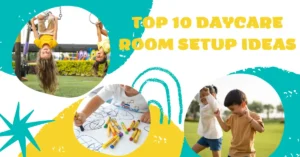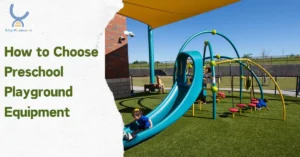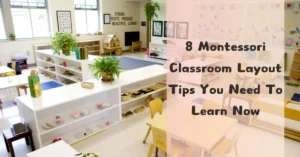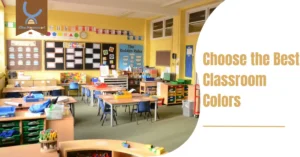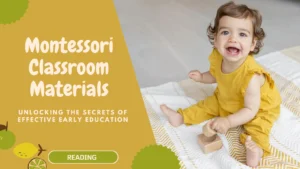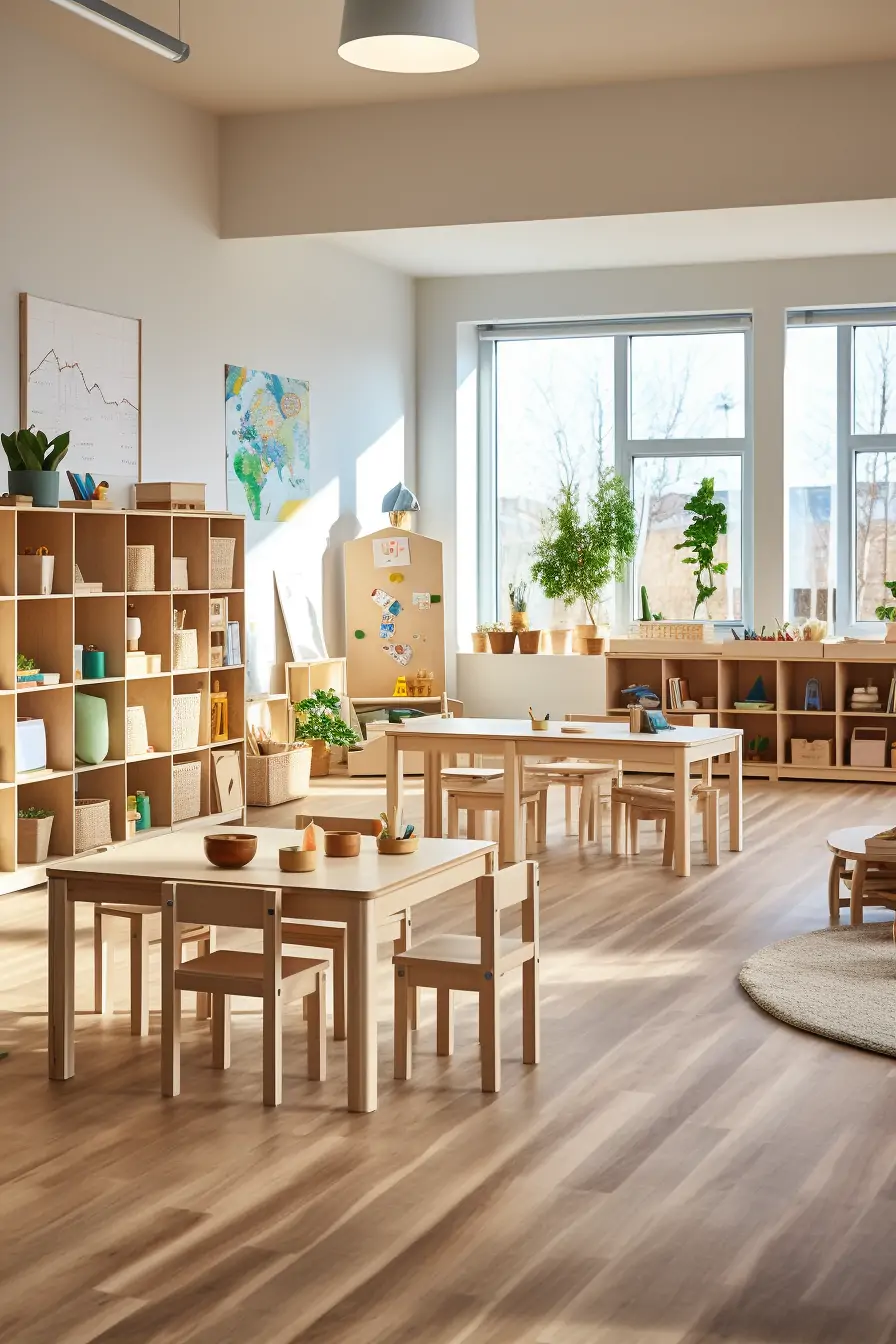Do you have an active toddler or a strong-willed pre-schooler? Are you wondering how to guide your child, how to help your child to begin to control her impulses or to respect some “necessary “rules?
Montessori gave us some guidelines to guide our children during those testing early years.
In this blog post, I will discuss freedom and limits and share with you tips to “discipline your child the Montessori way”
I’m sure you have heard that catchphrase “Freedom within limits”.
First, let’s discuss freedom.
“Discipline must come through freedom” Maria Montessori
We know that the Montessori education is all about freedom. The child is free:
- To choose his own activities
- To “work” for as long as he wishes with his activities
- To move while he works or plays
- To talk in the classroom
Maria Montessori explained that her method of education promotes inner discipline and must come from being able to be free to choose their own purposeful activities in a carefully prepared environment.
For Montessori, a child is disciplined when he is master of himself and can regulate his own conduct while following some rules of life.
But how do we foster self-discipline? In this article, I will give you some pointers.

First, create an environment with activities that appeal to your child.
Observe your child. What is he working on? What skills does he try to master? What are his interests? The activities, toys, and material that you choose must be interesting to your child.
Don’t choose the activities because you think that your child must learn something. Follow your child’s interests.
If your child loves to move, give her more motor skills activities. If your child loves to read, give her more books.
Learning about the sensitive periods of development will help you to understand how your child develops.
Second, create an environment in which you welcome mistakes.
Mistakes are a natural part of the learning process.
Learning to drink without spilling, learning to carry a plate, learning that pens shouldn’t be used on walls requires practice and time.
Tolerating your child’s mistakes without scolding and anger will show to your child that you love him unconditionally.
Treat your child’s mistakes the way you would treat a clumsy guest, with respect.
How to handle those learning mistakes? For example, when your child breaks a glass, you could say “let’s get the dustpan” in a matter-of-fact voice and you could show to your child how to sweep the broken glass, allowing her to help if it’s safe.
Third, nurture inner motivation.
Allow your child to choose his own activities. Those activities should be challenging enough to attract the child without frustrating him.
Allow your child to repeat those activities whenever he wants and protect his work.
Be careful when you attend group activities where forced-sharing is encouraged. You may have to avoid these situations, or you may have to be your child’s advocate and explain to the other children and parents that your child is not done yet with his activity.
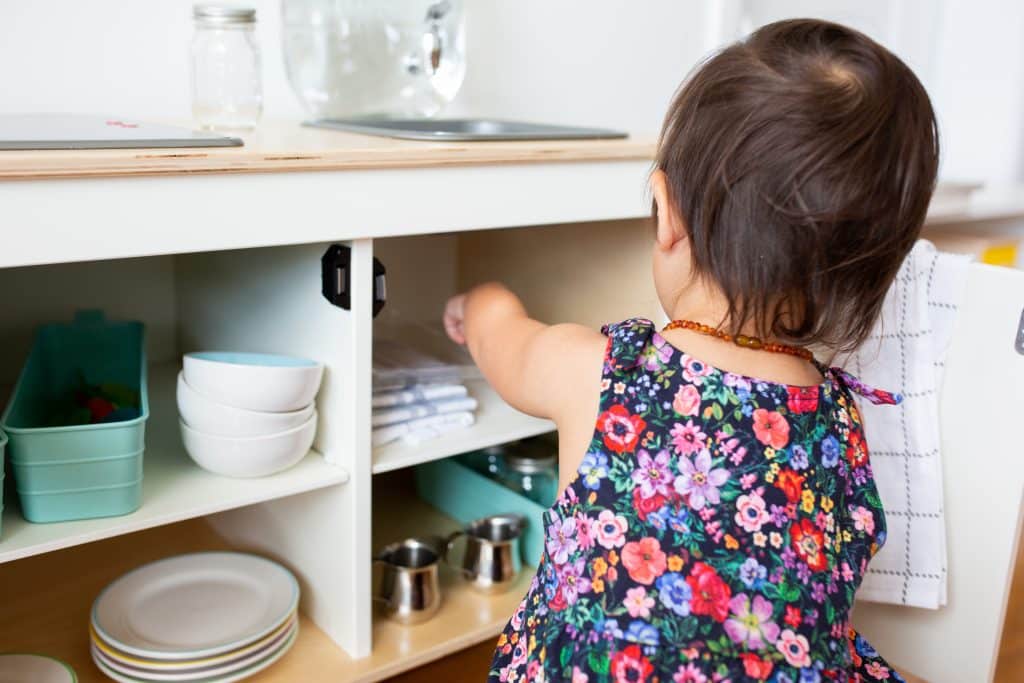
And now, let’s discuss those limits:
Setting limits teaches a basic life lesson that we can’t have everything we want.
Maybe you feel uncomfortable setting up limits because you don’t like to say no. Maybe you were raised by very strict and authoritarian parents and you don’t want to reproduce their parenting style. But there is a middle ground between being too strict or too authoritarian.
Children need appropriate limits.
“To let the child do as he likes when he has not yet developed any power of control is to betray the idea of freedom” Maria Montessori said.
So, you give your child as much liberty as she can handle.
She also said “The liberty of the child should have as its limits the collective interest”
The only limits we have are safety for the child, safety for others and collective interest.
How to help your child to respect those limits?
We agree that our children need freedom but also limits. How do we help our young children to follow those limits?
Here are some ideas for you:
- Carefully prepare your environment to allow your child maximum freedom. Basically, make sure you will not have to say no too often!
- Redirect! Young children will not understand that their actions are dangerous or inappropriate. When your child climbs on the sofa, be ready to go out on the slide with him. Redirection towards nicely completing a puzzle is not going to work.
- Don’t be afraid to protect your child by holding him when he runs toward the hot oven, or by moving him to a safe place. It is also appropriate to remove your child from a situation he cannot handle. For example, if your child is playing in the sandpit and throws sand at the other children if he doesn’t respond to redirection, you must feel confident to remove him from the situation. If your voice and actions are gentle, the kind of hands-on redirection will still be respectful. You will help your child to take 5 minutes away with you too cool off.
- Allow your child to make choices. Let them choose between a banana or an apple.
- Encourage them to help you. Welcome their support in the house. The more your child feels responsible, the more he will respect his surroundings. Make tidying up a habit and not a painful chore.
I hope this blog post about discipline has been useful for you.



